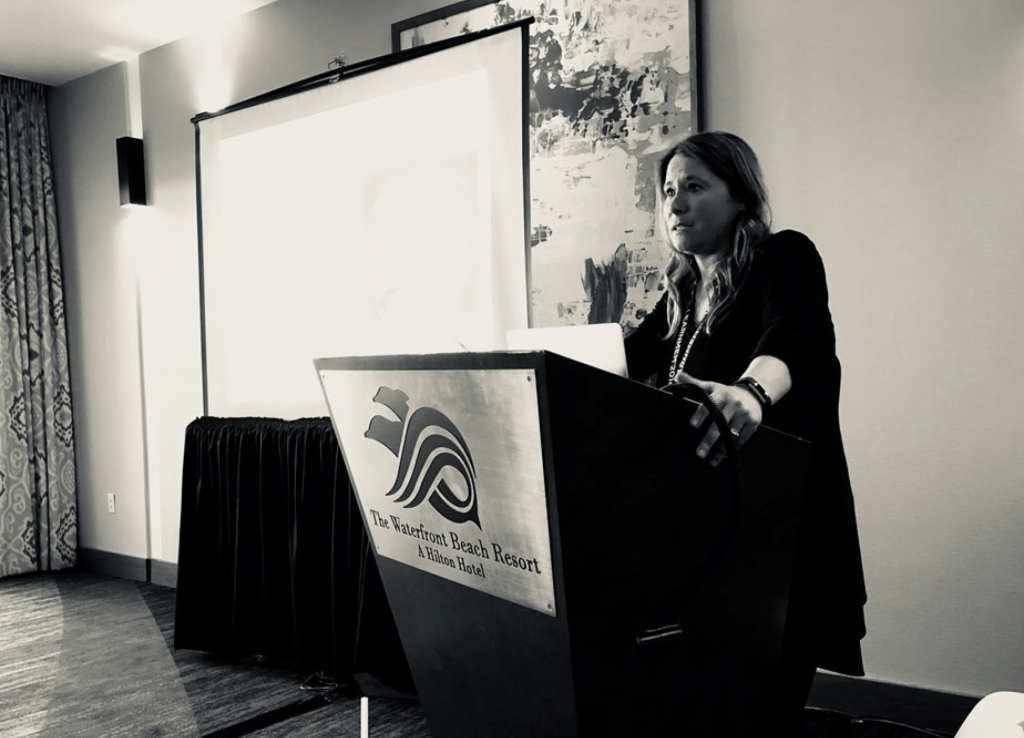Melanie J. Sekeres, PhD
Education
Post Doctoral Fellowship, Rotman Research Institute, Baycrest Centre for Geriatric Care, 2016
Ph.D. Physiology University of Toronto, Program in Neurosciences & Mental Health, Hospital for Sick Children (Sick Kids) 2012
B.Sc. Psychology Trent University 2002
Research
My research takes a cross-species approach to understanding how the brain creates episodic memories (memory for the ‘what, where and when’ of an event), and how these memories transform over time. I investigate the networks of brain regions involved in memory formation, reorganization, and storage (systems consolidation), and the underlying molecular mechanisms and plasticity factors that regulate memory stabilization (synaptic consolidation) in the healthy brain.
The hippocampus is known to be a critical brain structure involved in the acquisition and initial consolidation of memory. My research has shown that soon after memory acquisition, memories tend to be detailed and precise. Over time, however, memories tend to lose some of that detail and precision, and what is retained is a more generalized version of the memory. As this occurs, the memory network reorganizes in the brain, with distributed regions in the cortex becoming increasingly involved in supporting storage and retrieval of the memory. As the memory becomes supported by the cortex, the hippocampus becomes less critical in supporting these processes.
In the healthy brain, the physiological mechanisms mediating this transformation of a detailed hippocampus-dependent memory to a more generalized hippocampus-independent memory are not well understood. I use a combination of gene expression techniques in rodents, and functional magnetic resonance imaging (fMRI) in humans to determine precisely how broad networks of activity change as memories age and transform over time. My research has also demonstrated how enhancing neuronal plasticity in the hippocampus, including enhancing expression of the transcription factor CREB, can enhance memory consolidation and maintain precision of even very old memories. This points to a neuronal plasticity mechanism that may be further investigated as a means of promoting memory retention, and protecting against memory decline as memories age.
The next stage of my research program will focus on investigating morphological changes to neuronal networks (i.e. dendritic branching and spineogenesis) that accompany memory transformation, and determining how these changes are disrupted in the aging brain. The work that I have conducted to date is especially relevant to age-related memory loss, as many plasticity-related proteins (including CREB, and its downstream targets) critical to synaptic consolidation and network remodeling are depleted in the course of normal aging and in age-related disease. As well, neurodegeneration and dysfunction in key brain regions (hippocampus and prefrontal cortex) involved in systems-level memory consolidation are also commonly observed as part of the aging process.
I am currently extending my research program to study how certain factors, including exercise and environmental enrichment, promote cognitive function, memory retention, and synaptic plasticity in the aging brain. While these areas of research aim to understand the mechanisms underlying memory processing in the healthy brain, they have applications for understanding memory dysfunction associated with abnormal aging, and in response to chemotherapeutic drugs.
Graduate Student Recruitment
• Dr. Sekeres is not accepting new graduate students at Baylor University for Fall 2020.
Courses taught at Baylor
- NSC 1306 Introduction to Neuroscience
- NSC 1106 Introduction to Neuroscience Lab
- NSC-PSY 3320 Learning & Behavior
- NSC-PSY 3120 Laboratory in Learning & Behavior
• PSY 5323 Biological Foundations of Behavior
• PSY 5V71 Human Neuropsychology
